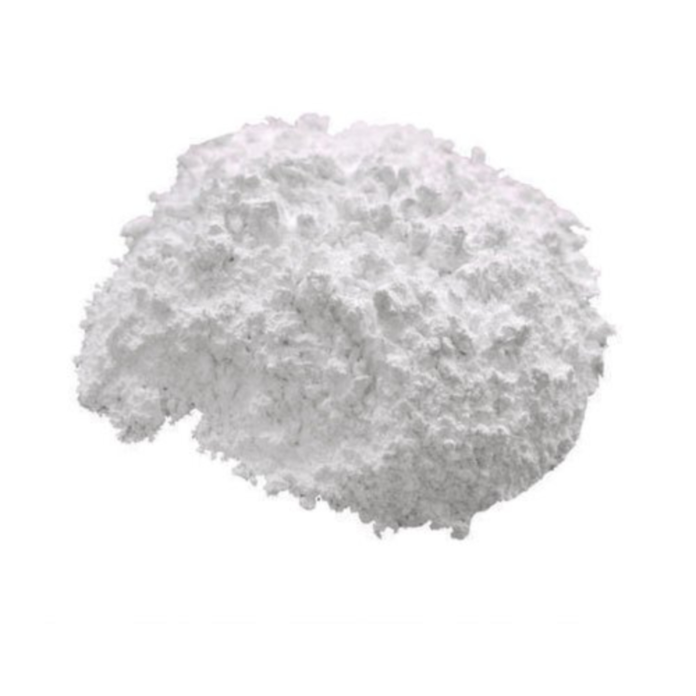Activated calcium carbonate (ACC) is an advanced form of regular calcium carbonate that has been processed to enhance its properties and applications. It stands out for its unique features, which make it a preferred choice in various industries. To understand the key differences between activated calcium carbonate and regular types, it is essential to explore its structure, benefits, and the various fields where it is used.
What Makes Activated Calcium Carbonate Different?
The primary difference between activated and regular calcium carbonate lies in their surface area and reactivity. Activated calcium carbonate is produced through a process that increases its surface area by altering its particle size and structure. This change enhances its effectiveness in several applications, making it more reactive compared to regular calcium carbonate. Regular calcium carbonate typically has larger particle sizes and is less reactive, making it suitable for applications where higher reactivity is not needed.
Key Features of Activated Calcium Carbonate
Activated calcium carbonate has several features that make it stand out from its regular counterpart. These include:
- Higher Surface Area: The activation process increases the surface area of calcium carbonate, which allows it to interact more efficiently with other substances.
- Better Reactivity: With a larger surface area, activated calcium carbonate reacts more quickly in chemical processes, making it suitable for industries that require rapid reactions.
- Purity: Activated calcium carbonate often undergoes a more thorough purification process, resulting in a purer form of the material.
These properties make it an ideal choice in fields such as agriculture, pharmaceuticals, and manufacturing.
Applications in Different Industries
Activated calcium carbonate is used in various industries, where its enhanced properties make it indispensable. Some of the key applications include:
Agriculture
In agriculture, activated calcium carbonate is used to adjust the pH of soil. Its fine particles enable it to spread more evenly and quickly, which helps in controlling soil acidity. This is crucial for improving plant growth and ensuring healthy crops. In comparison, regular calcium carbonate may not provide the same level of efficiency due to its larger particle size.
Pharmaceuticals
In the pharmaceutical industry, activated calcium carbonate is used as an excipient in the formulation of tablets and powders. Its fine texture helps in the smooth formulation of drugs and ensures that the active ingredients are delivered effectively. Its high purity and reactivity make it a preferred choice in the production of pharmaceutical products.
Manufacturing
Activated calcium carbonate is widely used in the manufacturing of plastics, rubber, and paints. Its small particles make it an excellent filler material, contributing to the durability and flexibility of the final products. Regular calcium carbonate, on the other hand, may not be as effective in these applications due to its coarser texture.
Environmental Benefits of Activated Calcium Carbonate
The environmental benefits of activated calcium carbonate are also noteworthy. In certain industries, it is used as an alternative to more harmful substances, helping to reduce environmental impact. For example, in the production of paper, activated calcium carbonate can replace other chemical additives, making the process more environmentally friendly.
In addition, activated calcium carbonate is often used in water treatment processes to neutralize acids, helping to maintain the balance of pH levels in water bodies. This helps in preventing environmental damage caused by acidic waste and ensures that water remains safe for both human and animal consumption.
Cost-Effectiveness
Although activated calcium carbonate may come at a higher initial cost compared to regular calcium carbonate, its superior performance and efficiency often result in long-term cost savings. The increased reactivity and finer particles reduce the amount needed for various processes, making it a cost-effective option in the long run. In applications such as agriculture, the need for less material for the same effect contributes to its economic advantage.
Conclusion
Activated calcium carbonate offers a range of benefits that set it apart from regular types. With its enhanced surface area, reactivity, and wide range of applications, it has become an essential material in various industries. Whether used in agriculture, pharmaceuticals, or manufacturing, activated calcium carbonate provides superior performance, making it a valuable resource in today’s world. Its environmental benefits and cost-effectiveness further contribute to its growing popularity and importance.



